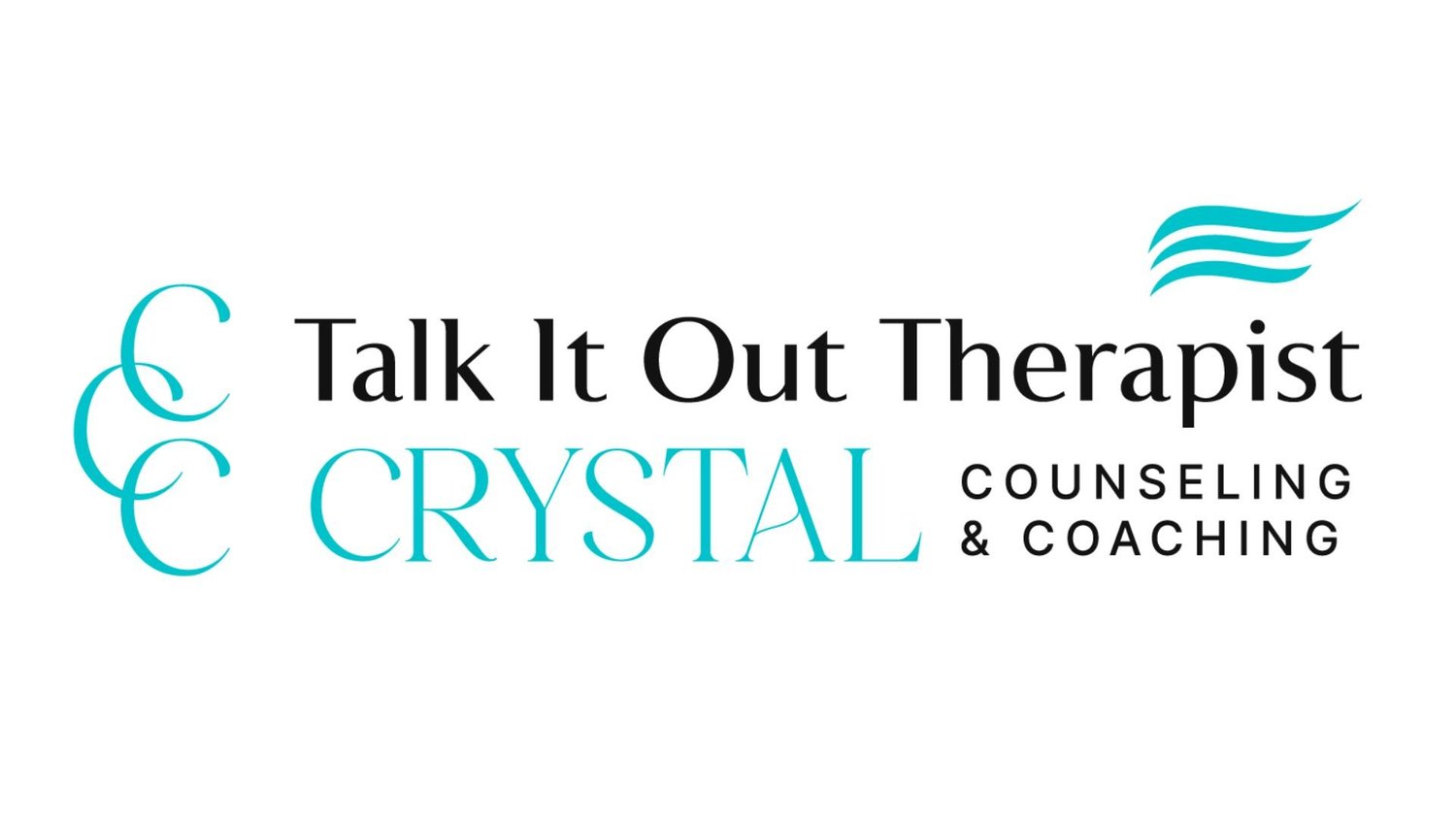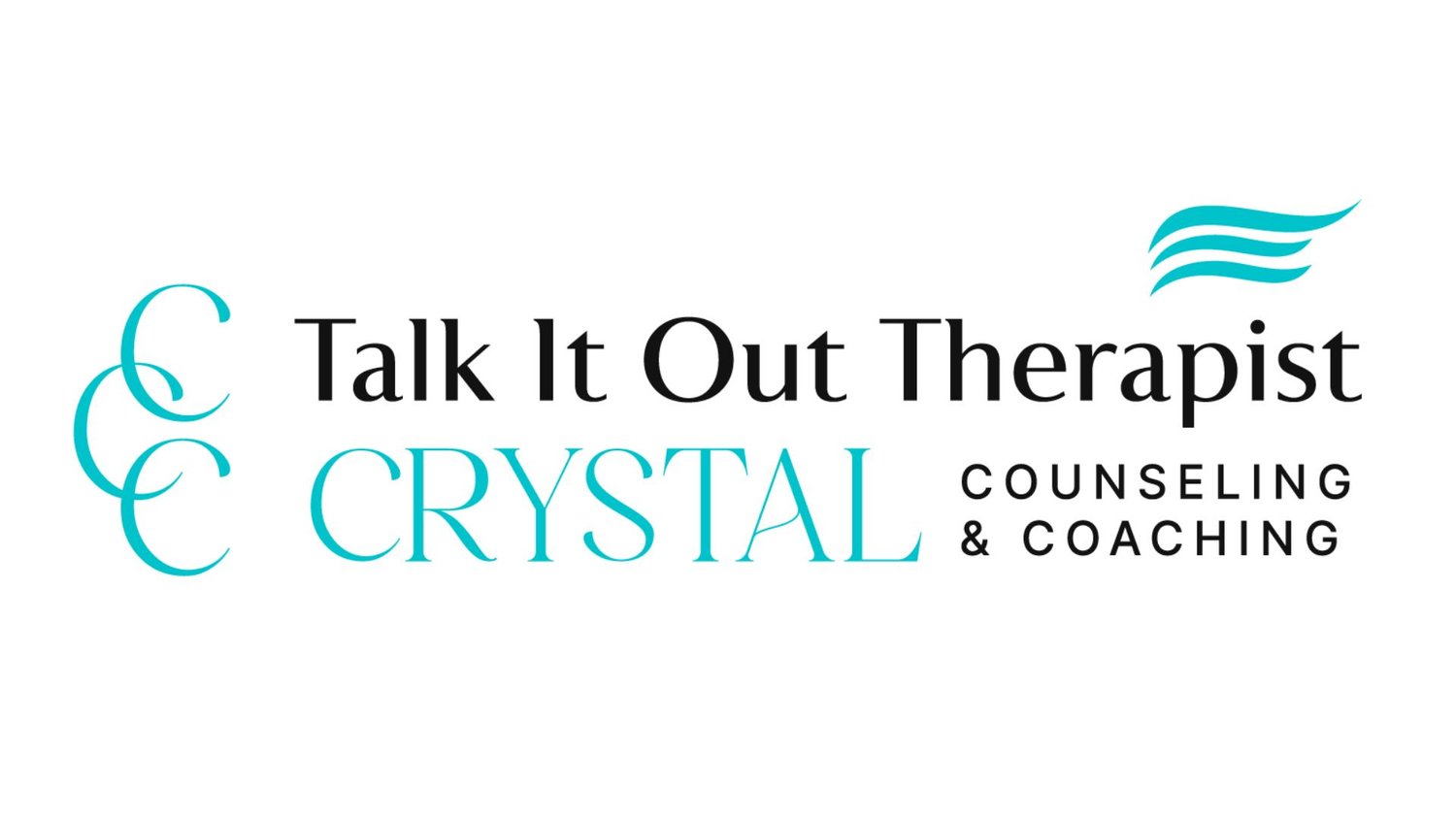Strengthen Your Relationship with Pre-Marital Therapy
Getting married is an exciting time in anyone's life, but it can also be a stressful and challenging experience. As two individuals come together to build a life together, they must navigate a variety of issues and challenges that can put a strain on their relationship. This is where pre-marital therapy comes in.
What is Pre-Marital Therapy?
Pre-marital therapy, also known as pre-marital counseling, is a form of therapy designed specifically for couples who are planning to get married. The goal of pre-marital therapy is to help couples build a strong foundation for a successful marriage by addressing issues and concerns before the wedding day.
During pre-marital therapy, couples work with a trained therapist to identify and address potential conflict areas, improve communication, and build a stronger foundation for their marriage.
Pre-marital therapy is a proactive approach to building a healthy and successful marriage. It can help couples identify potential challenges before they become major issues, and provide them with the skills and tools they need to overcome these challenges.
The therapist will use a variety of counseling techniques to help couples explore their thoughts and feelings about each other, their relationship, and their expectations for marriage. They may also provide guidance on effective communication, conflict resolution, family dynamics, and financial management.
The goals of pre-marital therapy are to help couples:
successfully navigate challenges and conflicts that arise during their relationship;
establish clear communication and expectations for their marriage;
understand each other's needs and preferences;
build a strong foundation for a lifelong partnership; and
create a supportive and loving environment for each other.
Why Consider Pre-Marital Therapy?
Choosing the right pre-marital therapist is crucial for the success of your counseling sessions. A qualified and experienced therapist can help you and your partner build a strong foundation for your marriage and address any potential issues before they become major problems.
When selecting a pre-marital therapist, it is important to consider their qualifications and experience. Look for a therapist who has specific training in pre-marital counseling and has experience working with couples in similar situations to yours.
It is also important to find a therapist who you both feel comfortable with and can connect with. You should feel safe and supported during your counseling sessions and be able to trust your therapist with your personal information.
If you are struggling to find a pre-marital therapist, consider asking for recommendations from friends or family members who have gone through pre-marital counseling. You can also search for therapists online and read reviews from previous clients.
Remember, the success of your pre-marital therapy sessions will depend largely on the quality of your therapist. Take the time to find the right therapist for you and your partner, and you'll be well on your way to a successful marriage.
The Pre-Marital Therapy Process
Pre-marital therapy typically involves a series of counseling sessions designed to help couples prepare for marriage. The process can vary depending on the therapist and the needs of the couple, but there are some common elements that you can expect.
The First Session
The first session is usually an opportunity for the therapist to get to know you both and understand your goals for pre-marital therapy. You can expect to discuss your relationship history, family backgrounds, and any concerns or challenges you may be facing. The therapist may also ask you to complete assessments or questionnaires to help identify potential areas of conflict.
Subsequent Sessions
Subsequent sessions will focus on specific topics or challenges that you and your partner may be facing. These sessions may involve individual counseling or may be conducted jointly with your partner. Common topics covered during pre-marital therapy include communication skills, conflict resolution, financial management, and establishing healthy expectations for marriage.
Homework Assignments
During pre-marital therapy, your therapist may also assign homework or exercises designed to help you and your partner practice your skills and build a stronger, more resilient relationship. These exercises may involve practicing active listening, role-playing challenging scenarios, or exploring your respective values and goals.
Remember, the goal of pre-marital therapy is to help you build a strong foundation for your marriage and equip you with the skills and tools you need to navigate challenges and maintain a healthy, fulfilling relationship over the long term.
Common Topics Addressed in Pre-Marital Therapy
Pre-marital therapy can help couples address a variety of topics related to their relationship and future marriage. Through counseling sessions, couples can work on identifying and addressing potential areas of conflict, building healthy communication and problem-solving skills, and establishing a strong foundation for their marriage. Some common topics addressed in pre-marital therapy include:
Communication
Effective communication is essential for any successful relationship, especially in a marriage. In pre-marital therapy, couples can work on improving their communication skills by learning how to express their needs and concerns in a healthy, respectful way. Therapists can also help couples identify communication patterns that may be causing conflict and provide strategies for addressing these issues.
Conflict Resolution
Conflict is inevitable in any relationship, but learning how to resolve conflicts in a healthy way can prevent arguments from escalating and damaging the relationship. In pre-marital therapy, couples can learn how to identify their own and their partner's conflict resolution style and work on developing more effective skills for resolving conflicts. This may include learning how to listen actively, how to compromise, and how to communicate in a non-threatening way.
Family Dynamics
Family dynamics can play a big role in a couple's relationship, especially if they come from different backgrounds or have different expectations regarding family roles and responsibilities. Pre-marital therapy can help couples navigate these issues by discussing expectations around things like parenting, in-laws, and household responsibilities. This can help couples identify and address potential areas of conflict and develop a shared vision for their future family.
Financial Management
Money is one of the most common sources of conflict in any marriage. In pre-marital therapy, couples can work on strategies for managing their finances together, such as creating a budget, setting financial goals, and discussing expectations around spending and saving. This can help couples avoid financial conflict and build a strong, stable financial foundation for their marriage.
How Pre-Marital Therapy Can Strengthen Your Relationship
If you're considering pre-marital therapy, you're taking a positive step toward building a strong foundation for your relationship. Pre-marital therapy provides a safe and supportive environment for couples to address any concerns, fears, or doubts they may have before they tie the knot.
One of the primary benefits of pre-marital therapy is improved communication. Couples can learn how to effectively communicate their needs, wants, and feelings, which can prevent misunderstandings and conflicts down the road. Additionally, pre-marital therapy can help couples establish healthy habits and expectations for their marriage, which can reduce stress and increase satisfaction over time.
"Pre-marital therapy helps couples identify and address potential conflict areas, improve communication, and build a stronger foundation for their marriage."
Another way pre-marital therapy can strengthen your relationship is by building trust. Couples who participate in therapy together can learn how to trust each other more deeply and develop a better understanding of each other's needs and desires. This can lead to greater intimacy and a stronger emotional connection.
Finally, pre-marital therapy can help couples establish healthy boundaries and expectations when it comes to family dynamics. Many couples struggle with in-laws or extended family members who may have different values or opinions, and pre-marital therapy can provide strategies for navigating these relationships in a healthy and respectful way.
By investing time and energy into pre-marital therapy, you can strengthen your relationship and build a foundation for a successful marriage. So why not give it a try?
Pre-Marital Therapy and Your Wedding Day
Weddings are a joyful celebration of love between two people, but planning a wedding can be overwhelming and stressful. Pre-marital therapy can help reduce stress and anxiety by providing a safe space to discuss concerns and establish healthy expectations for your special day.
By addressing potential conflicts, pre-marital therapy can improve communication with family and friends and help you navigate difficult conversations. This can lead to a more enjoyable wedding planning process and a more positive start to your marriage.
Frequently Asked Questions about Pre-Marital Therapy
As with any new experience, pre-marital therapy may raise some questions for you and your partner. Here are some frequently asked questions to help you prepare for your sessions:
What can we expect during pre-marital therapy?
During pre-marital therapy, you and your partner will meet with a licensed therapist to discuss your relationship and any concerns or issues you may have. The therapist may use a variety of counseling techniques to help you communicate effectively, improve your conflict resolution skills, and establish healthy habits and expectations for your marriage.
How many sessions of pre-marital therapy are necessary?
The number of sessions required for pre-marital therapy will depend on your unique situation and needs. Some couples may only need a few sessions to address specific issues, while others may benefit from ongoing therapy throughout their engagement. Your therapist can help you determine a plan that works for you.
How do we find a qualified pre-marital therapist?
When searching for a pre-marital therapist, it is important to look for a licensed professional with experience working with couples. You can ask for referrals from your doctor, clergy, or friends and family members who have undergone pre-marital therapy. Additionally, many therapists have websites with information about their qualifications and areas of expertise.
How can pre-marital therapy benefit our marriage?
Pre-marital therapy can help couples build a strong foundation for their marriage by addressing potential conflict areas, improving communication, and establishing healthy habits and expectations. By working with a therapist before tying the knot, couples can better prepare for the challenges and transitions that come with marriage and start their relationship off on the right foot.
Will pre-marital therapy guarantee a successful marriage?
While pre-marital therapy can provide couples with valuable tools and insights to help navigate their relationship, it cannot guarantee a successful marriage. A successful marriage requires a commitment from both partners to work together and communicate effectively, both during and after therapy.
By seeking pre-marital therapy, you and your partner are taking an important step towards building a strong and healthy relationship. Don't be afraid to ask questions and communicate openly with your therapist throughout the process. With the right guidance and support, you can prepare for a fulfilling and successful marriage.




